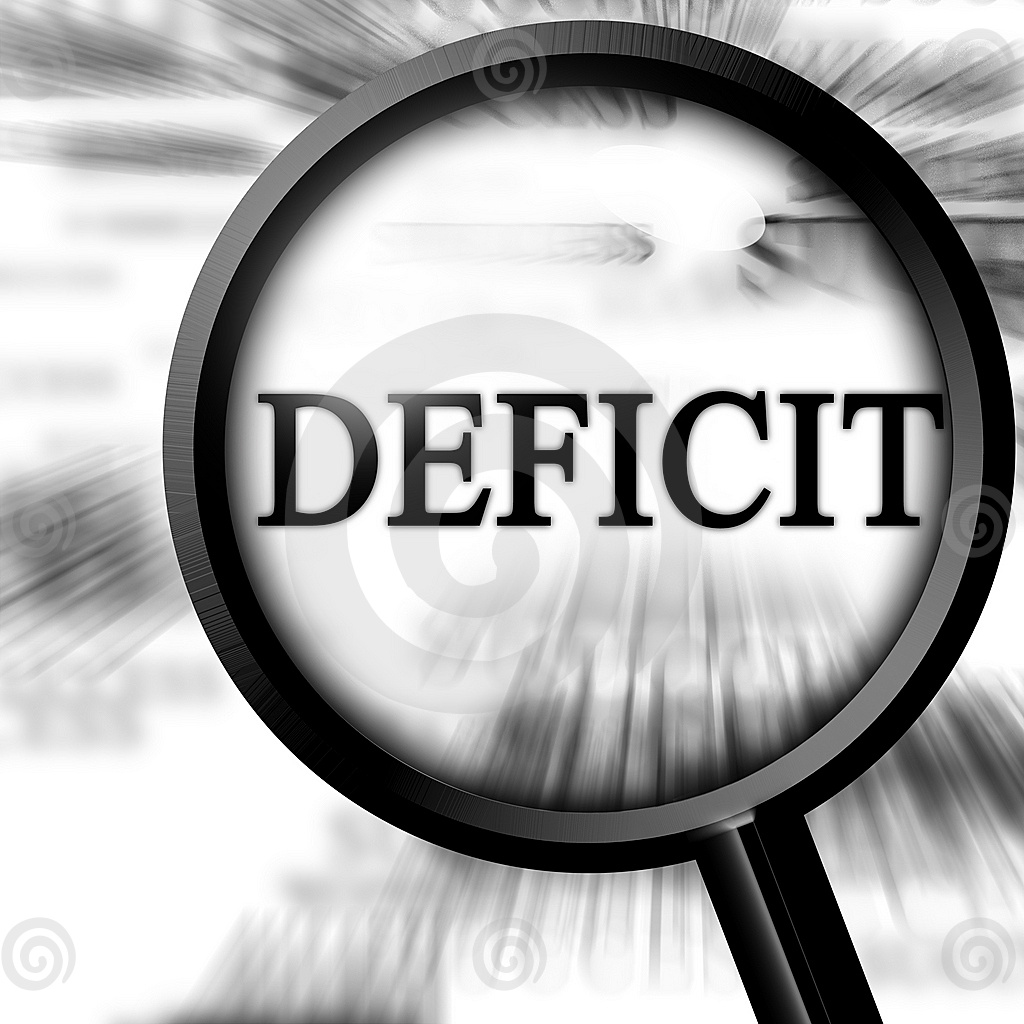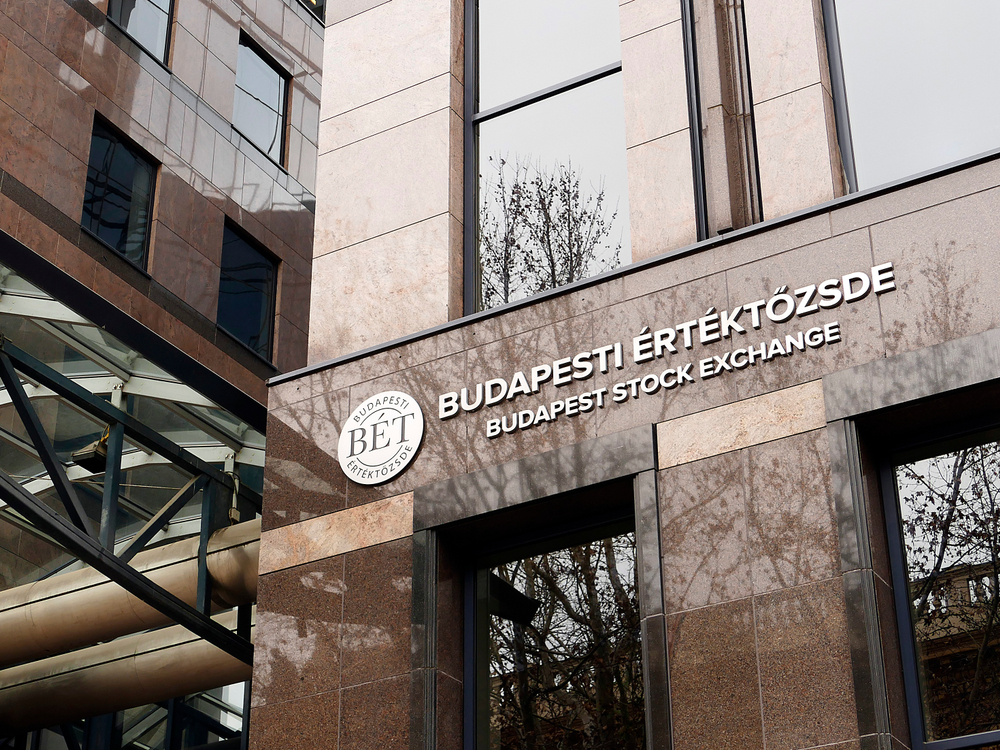Deficit over 64% of full-year target at end of March

Hungaryʼs cash flow-based general government, excluding local councils, ran a HUF 871.9 billion deficit at the end of March, the Ministry for National Economy confirmed in a second reading of data released Monday. The deficit thus reached 64.1% of the HUF 1,360.7 bln full-year target.
Confirming preliminary figures released on April 9, the central budget had a HUF 882.8 bln deficit, while the social insurance funds were HUF 27.2 bln in the black at the end of March. Separate state funds ran a HUF 16.3 bln deficit.
In March alone, the general government deficit came to HUF 345.3 bln, national news agency MTI reported.
The ministry noted that pre-financing for European Union-funded projects had come to HUF 651.7 bln by the end of March, up from HUF 252.2 bln a year before, while EU transfers for these projects had reached just HUF 60.8 bln. Additional expenditures were booked for investments funded exclusively from the budget, such as those undertaken within the framework of the Modern Cities Program.
The ministry revealed that there was enough room for fiscal maneuver in March to be able to award all Hungarian pensioners a one-off bonus of food vouchers worth HUF 10,000, with a combined value of HUF 27.7 bln.
Revenue from VAT rose by HUF 121.5 bln, revenue from personal income tax was up HUF 66.7 bln at HUF 533.4 bln, and revenue from payroll taxes increased by HUF 68.6 bln in January-March from the corresponding period a year earlier, the ministry said.
Expanding employment and higher wages have raised budget revenues, in spite of tax cuts and preferences that have left more in the pockets of Hungarian families, it added.
"In light of fiscal trends, the government expects to meet the 2.4%-of-GDP deficit target and further reduce state debt, helped by an above 4% growth in GDP," the ministry said.
Total revenues for the first quarter of 2018 amounted to HUF 4,318 bln, while expenditures were HUF 5,190 bln. This compares to respective figures of HUF 3,947 bln and HUF 4,145 bln in Q1 2017.
Corporate tax income in January-March was HUF 13.3 bln, down by HUF 109.3 bln compared to the first three months of 2017, due to the carry-on effects of tax advance supplement provisions from last year and reduced revenues from growth tax credit.
Income from value-added tax was HUF 733.2 bln by the end of March. Income from excise tax, at HUF 218.1 bln in Q1, was up by around HUF 26.8 bln compared to the same period last year.
Income from the financial transaction duty was up HUF 3.4 bln at HUF 60.5 bln, while income from the extraordinary bank levy was HUF 10.17 bln in the first three months.
SUPPORT THE BUDAPEST BUSINESS JOURNAL
Producing journalism that is worthy of the name is a costly business. For 27 years, the publishers, editors and reporters of the Budapest Business Journal have striven to bring you business news that works, information that you can trust, that is factual, accurate and presented without fear or favor.
Newspaper organizations across the globe have struggled to find a business model that allows them to continue to excel, without compromising their ability to perform. Most recently, some have experimented with the idea of involving their most important stakeholders, their readers.
We would like to offer that same opportunity to our readers. We would like to invite you to help us deliver the quality business journalism you require. Hit our Support the BBJ button and you can choose the how much and how often you send us your contributions.







